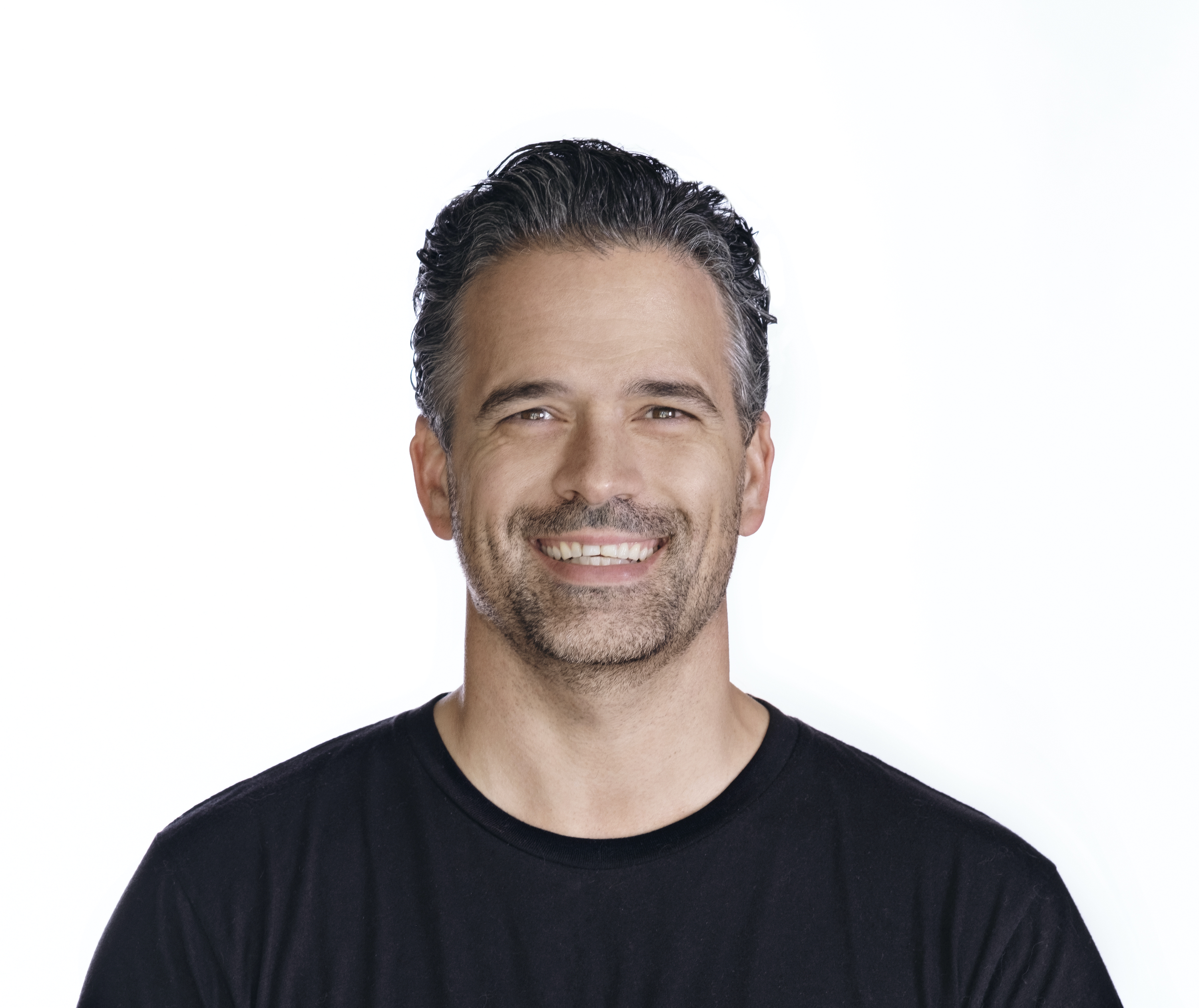1% Better Every Day: How Small Changes Lead to Lasting Excellence

Jesse Wisnewski


Professional Development
Dick Fosbury didn’t set out to revolutionize high jumping.
He just wanted to clear the bar.
As a high school athlete in the 1960s, Fosbury struggled with the standard "straddle" technique. His form was awkward. His results? Mediocre.
Instead of quitting, he started experimenting. He inched his way backward over the bar. First, a slight twist. Then, a deeper arch. Little by little, he refined a technique no one had ever used.
By his senior year, he was winning meets. By college, he was breaking records. In 1968, at the Mexico City Olympics, he stunned the world. Using what would later be called the Fosbury Flop, he soared over 7 feet, winning gold.
At first, experts dismissed it.
But today?
Every single elite high jumper uses his technique.
Fosbury's story teaches us something profound: excellence is not achieved through one massive breakthrough but through small, daily improvements—a commitment to refining one’s craft, one step at a time.
Why Excellence is Built One Step at a Time
Excellence isn’t a single defining moment.
You might recognize excellence in a finished masterpiece, a breathtaking musical performance, or an athlete’s peak performance. But true excellence isn’t just what you see in the end—it’s the process behind it.
It’s a habit. A system. A commitment to small, consistent progress.
James Clear, author of Atomic Habits, calls this the power of continuous improvement. If you improve just 1% daily, that effort compounds over time. For instance, if you commit to making a 1% improvement after a year, you won’t just be slightly better—you’ll be 37 times better than when you started.
That’s a big difference. And that's the power of focusing on small improvements.
Toyota built an empire around this philosophy. Their Kaizen principle—"continuous improvement"—revolutionized manufacturing. Instead of chasing massive overhauls, they refined small details, making excellence a daily habit.
This principle isn’t just for athletes or corporations.
It’s a mindset that applies to every area of life. And it's something everyone can benefit from.
But What Does This Mean for the Christian?
Although the Bible does not mention getting "1% better every day," Christians can still benefit from this practical wisdom. We just need to understand it correctly.
Here's what you need to know: Getting better at your work, becoming more productive, or developing skills is not the same as growing in Christ-likeness. This is an important distinction for us to remember.
So, how do we think about productivity and excellence as Christians? There are three points I'd like to emphasize.
#1. Your worth isn't tied to your productivity
Your value doesn’t come from what you do.
It comes from who you are.
The Bible teaches that God made you in His image (Genesis 1:27), Which means your worth isn’t based on your success, hard work, or what others think of you. You have value because you're created in God's image.
But something’s wrong.
Sin broke our relationship with God. People try to prove themselves through work, money, or status. But no matter how much you achieve, it’s never enough.
That’s why Jesus came.
He lived the perfect life we couldn’t. He died and rose again to restore our relationship with God. Because of Him, your worth isn’t something you have to earn—it’s already secure.
You don’t have to chase approval. You don’t have to prove yourself.
God made you. He loves you. And He calls you into a relationship with Him.
#2. Your work matters
God gave people a job from the start. In Genesis 1:28, He commanded them to “be fruitful and multiply, fill the earth and subdue it, and have dominion.” That means work isn’t just something you do to survive. It’s part of God’s design.
Work isn’t a curse. It’s a calling.
But work is hard. Things break. Plans fail. You get tired. That’s because sin has affected everything, including work. It’s not always fulfilling. It doesn’t always go the way you want.
Still, work has a purpose.
Excellence isn’t about proving yourself. It’s about doing your best with what God has given you. Whether you run a business, raise kids, build houses, or study for exams—your work is a way to serve God and others.
In Colossians 3:23, the Bible says, “Whatever you do, work heartily, as for the Lord and not for men.” That means your work isn’t just for a paycheck or recognition. It’s an act of worship.
There’s no divide between spiritual work and everyday work. Whatever you do, you can do it for God’s glory.
Excellence isn’t about perfection. It’s about faithfulness.
God calls you to work well. Not to prove your worth. But to reflect His character, serve others, and improve the world.
#3. Excellence Comes from Gratitude, Not Guilt
You don’t work to earn God’s love. You work because you already have it.
The Bible makes this clear.
Your work isn’t just for yourself. It’s not just for others. It’s for the Lord.
When you work hard, you reflect Him. You use the gifts He’s given you. You serve others. You bring order, creativity, and care into the world. That’s worship.
But work isn’t ultimate. It’s not your identity. It’s not your salvation.
When you get that right, you’re free. You can pursue excellence without pressure or pride.
So what does that look like in daily life?
But what does this look like in daily life?
How to Apply the 1% Rule to Your Daily Life
Excellence isn’t about big achievements.
It’s in the small, unseen moments of daily faithfulness.
You want to be a better parent. A better leader. More in control of your life.
But right now, things feel overwhelming.
Your to-do list never gets shorter.
Progress feels slow.
I get it.
I’m a husband, a father of five, and I work full-time. I try to exercise, stay involved in my church, read, write, and make time for my family. Some days, it feels like I’m barely keeping up.
But here’s what I’ve learned: excellence isn’t about perfection. It’s about faithfulness in the small things.
And small things add up.
Here’s how you can start:
- Block 15 minutes before work to plan
- Read one chapter from the Bible
- Seek out feedback on your task
- Meet one new person
- Work on 12 extra math questions
- Take the stairs instead of the elevator
- Read for 20 minutes
- Pray for the persecuted church
- Send one networking message
- Write down three things you’re thankful for
- Listen to an audiobook or podcast during your commute
These don’t require extra hours. They fit between meetings, commutes, and family time. But over time, they compound into a life of faithfulness and excellence.
1% Better Every Day
You don’t need to be perfect.
You just need to be faithful.
Excellence isn’t about chasing an impossible standard or proving your worth. It’s not about achieving success in the world’s eyes, collecting accolades, or being admired. True excellence is about living each day intentionally, offering your best as an act of worship to the One who is truly excellent.
So strive to be 1% better daily—not to earn God’s love, but because you already have it in Christ.
That is the true pursuit of excellence.












